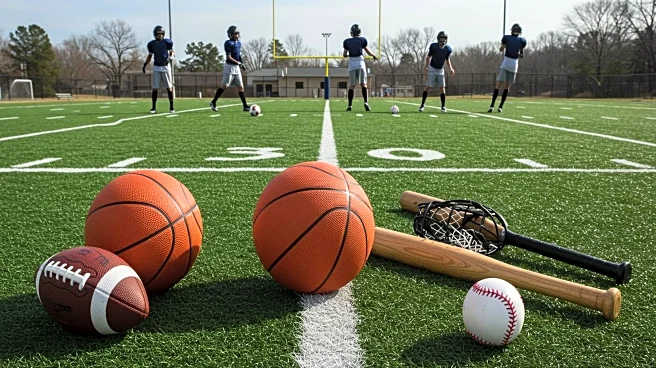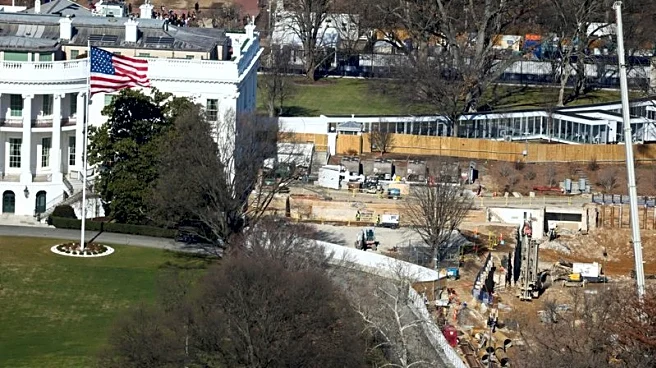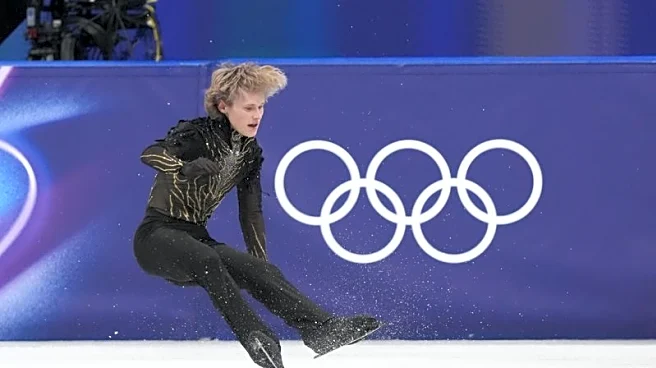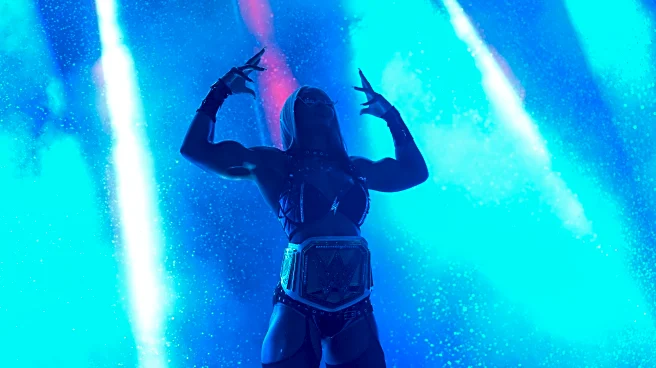What's Happening?
The introduction of Name, Image, and Likeness (NIL) deals for high school athletes is generating significant discussion. An Esquire article explores how high school athletes in 44 states, including Washington D.C., can now profit from NIL deals, similar to college athletes. The piece highlights the story of Julian Lewis, a high school football player in Georgia, who has used his earnings to afford luxury items and cover significant expenses. The article raises questions about the implications of NIL deals on young athletes, their families, and the educational system, as some states and schools have opted out of allowing such endorsements.
Why It's Important?
The expansion of NIL deals to high school athletes marks a transformative shift in youth sports, potentially altering the landscape of amateur athletics. While it offers financial opportunities for young athletes, it also raises concerns about commercialization and the potential impact on education and sportsmanship. The disparity between states that allow NIL deals and those that do not could lead to uneven playing fields, influencing where athletes choose to attend school. This development may also prompt legal and regulatory challenges as stakeholders navigate the new monetized environment.
Beyond the Headlines
The ethical implications of NIL deals for minors are complex, as they involve balancing financial opportunities with the potential for exploitation. The pressure to secure lucrative deals could overshadow educational priorities and personal development. Additionally, the influence of money in youth sports may exacerbate inequalities, as only a select few athletes will benefit significantly. This shift could also prompt a reevaluation of amateurism in sports, challenging traditional notions of youth athletics.











